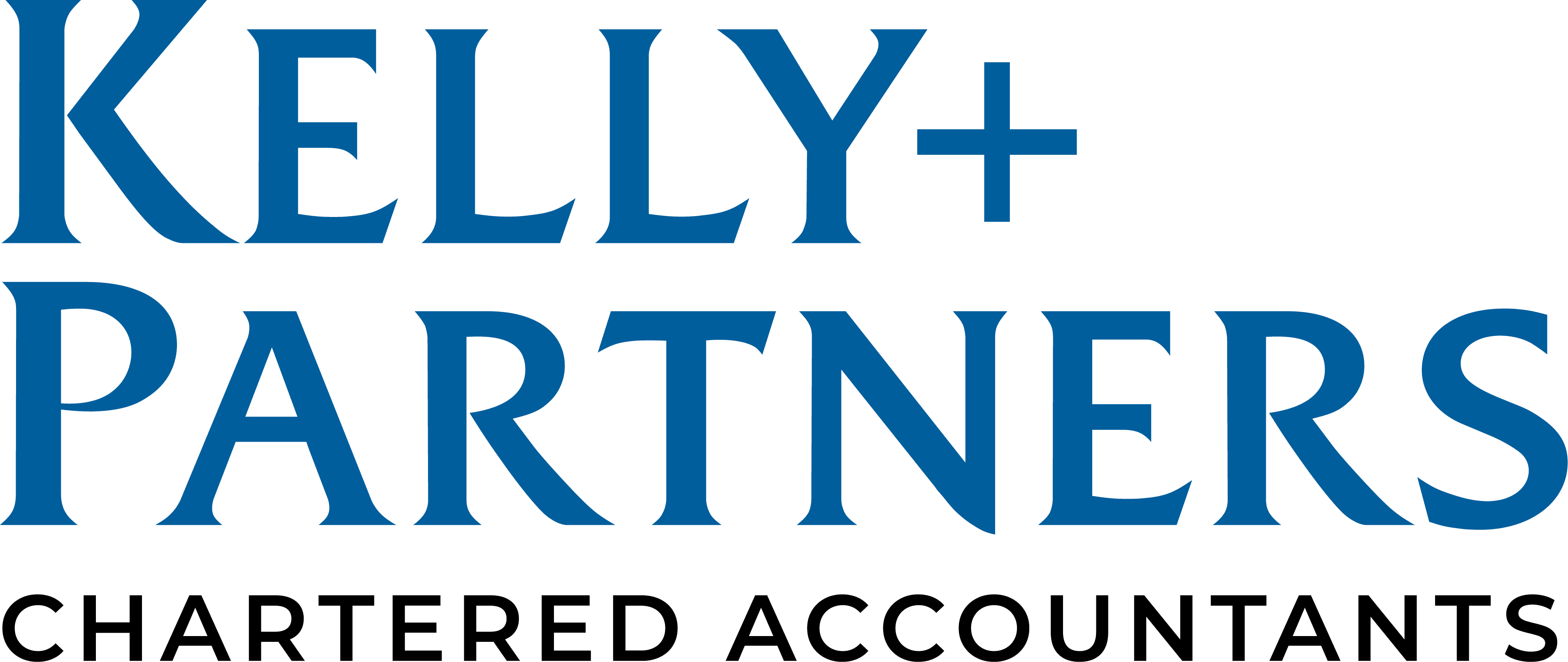ATO Data Matching Update
Data-matching or comparing the same piece of information from two different sources has expanded rapidly in recent years. Four years ago, the ATO matched 50 million transactions and this year it will match 500 million.
Most business owners are aware of the Tax Office’s data-matching activities but technology is revolutionising the ATO’s compliance capabilities. With a few mouse clicks, the ATO’s $800 million computer system can uncover abnormalities and irregular transactions that used to involve up to seven weeks of manual work. With each mouse click, 300 analysts in the ATO’s elite fraud squad can see new links in the data that is helping them trace potential taxable transactions or fraud they might have over looked. Some may be surprised to know the depth and spread of the data the ATO use.
Historically, the data-matching programs linked such things as property sales, share sales, investment income and car registration records. However, the ATO continues to widen the net to include the building industry, coffee suppliers, contractor payments, credit/debit sales, offshore bank accounts and social security payments. The computer can now access every piece of data about your affairs including every dollar you’ve earned, properties, cars or boats you’ve purchased and your business connections including the tenants in your investment property and the members who sit on your company’s board. The computer matches tax records against third-party data received from banks, share registries and other government agencies such as Centrelink and the Australian Securities and Investments Commission, checking employment, dividend, rental and other income.
While the location of the computer system near Sydney’s CBD is a closely guarded secret, the security system is state of the art. Entry is only permitted with an escort and photo identification through futuristic cylindrical tubes. Those who gain entry into the highly secure site are subject to a number of checks on exit, including being weighed to ensure no weight was gained that might indicate a person could be smuggling out sensitive data.
The ATO recently announced that it would utilise data-matching programs specifically targeting online sellers. This would include Individuals who have made sales of $20,000 or more in the 2010/11 financial year through various online selling websites such as ebay. The kinds of information to be collected will include:
- user identification name and number
- name
- address
- telephone number
- date of birth
- email address
- registration date
- number and value of monthly sales
- Australian Internet Protocol address
- Bank account details
The ATO reports they have targeted a select number of online selling sites because they represent some of the largest market participants in Australia. These groups also track the sale/purchase price of goods and services through their websites. Around 11,000 individuals will have their records matched to identify non-compliance with lodgement, payment and correct reporting obligations under taxation law, including undeclared income and GST obligations.
eBay Businesses Crackdown
As of May 2013, the ATO also reports that part of its permanent compliance program will include data matching Centrelink records against eBay users. The Government claims that the pilot program has identified that there are people claiming social security benefits whilst running what it considers to be a successful online business.
The intention is not to catch out people selling a few second-hand items but instead identify people who earn large amounts from eBay, while also claiming support from the Government. The pilot program identified around 100 cases warranting further investigation.
Employers Being Cross-Checked Too...
Also new to the ATO data-matching program is the capture of the names and addresses of employer entities from state and territory WorkCover and WorkSafe sources for the 2011 to 2013 financial years.
The data provided by WorkCover and WorkSafe will be compared with tax records to identify employers that may not be complying with their registration, lodgement and payment obligations under taxation law. There may also be some referrals back to the state and territory authorities as the ATO said it may also disclose information about employers that may not be meeting their workers' compensation obligations.
Click HERE to download the full edition of The Business Accelerator Magazine for June 2013.
Other articles in this edition:
- 2013 Budget Overview
- 2013 Individual Tax Return Checklist
- 2013 Companies, Partnerships, Trusts & Other Business Tax Checklist
- Personal Taxation - 2013
- Superannuation - 2013
- Tax Compliance - 2013
- Business Taxation - 2013
- $17 Billion ‘Lost’ – Is Some of it Yours?
- Facebook For Business
- Family Business or Family Feud?











